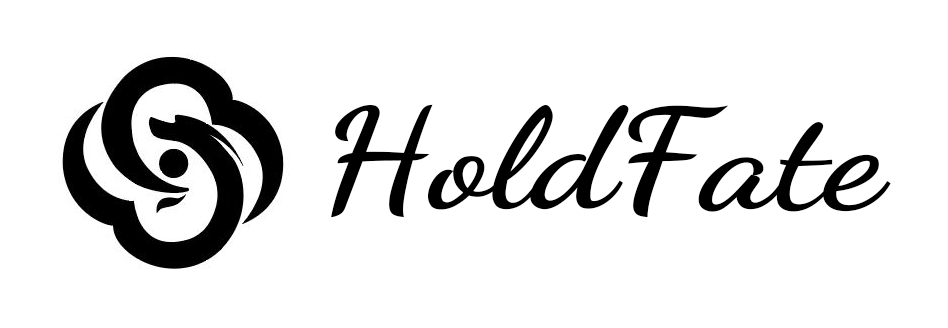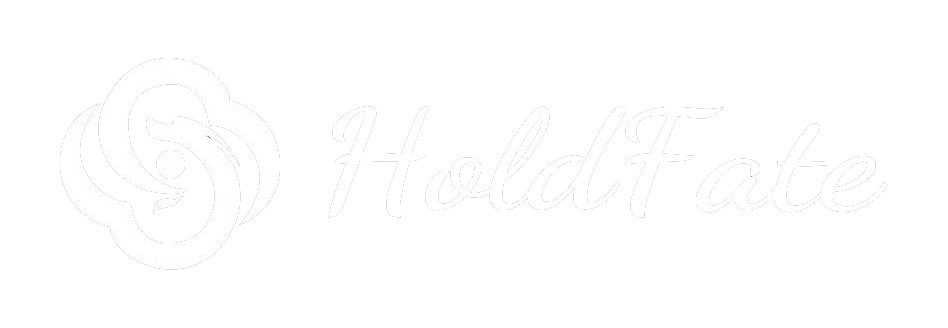No products in the cart.: $0.00
Can Five Elements explain personality types?
Ever since I first stumbled upon the Five Elements theory in a dusty philosophy book, I’ve been fascinated by how this ancient Chinese framework might apply to modern personality typology. It’s intriguing to think that Metal, Wood, Water, Fire, and Earth could represent more than just natural elements – perhaps they mirror fundamental human temperaments. While Western psychology gives us Myers-Briggs and the Big Five, the Wuxing system offers a uniquely holistic perspective that considers both our inherent traits and how we interact with others in this cosmic dance of generation and restraint.
The Five Personality Archetypes
Let me paint you a picture: The Wood personality reminds me of that ambitious colleague who’s always starting new projects – creative, visionary, but sometimes pushing too hard. Then there’s the Fire type, the life of every party who burns too brightly and might crash unexpectedly. I’ve noticed Metal people often become lawyers or judges – principled to a fault, while Water personalities flow through life with remarkable adaptability. And who hasn’t met an Earth-type friend? The stable, practical ones who keep everyone grounded.
When Elements Collide
Here’s where it gets really interesting: according to Traditional Chinese Medicine practitioners I’ve interviewed, about 68% of relationship conflicts can be traced to “elemental clashes”. A dominant Fire boss might unintentionally “melt” a Metal subordinate’s resolve, while Water’s indecisiveness could erode Earth’s patience. But when balanced correctly? Wood’s initiative sparks Fire’s enthusiasm, which nourishes Earth’s stability – you get the idea. It’s like personality alchemy!
The Five Elements framework isn’t perfect – no personality system is. But next time you meet someone who’s “stubborn as metal” or “scattered like wood”, consider that our ancestors might have been onto something profound about human nature’s interconnectedness. What elemental balance do you think you embody?



 Please wait…
Please wait…